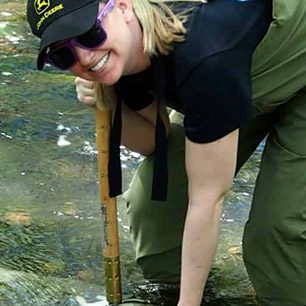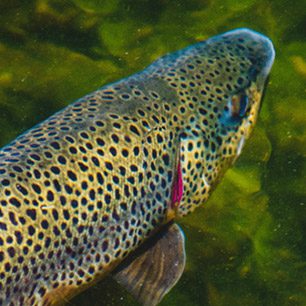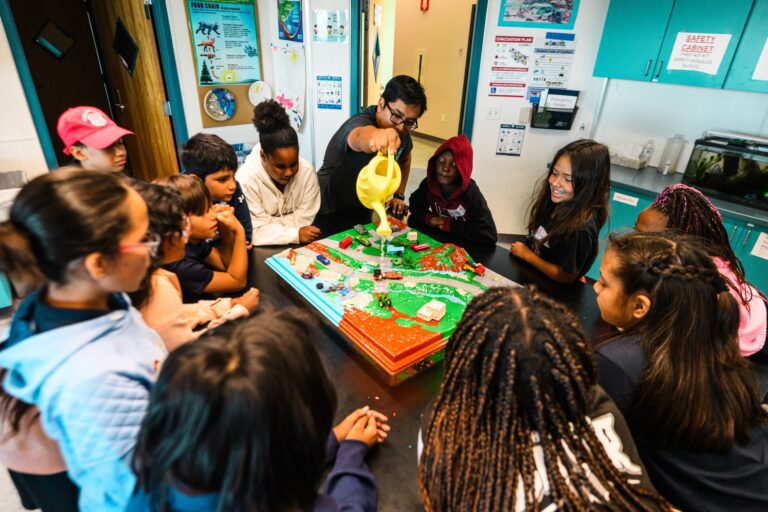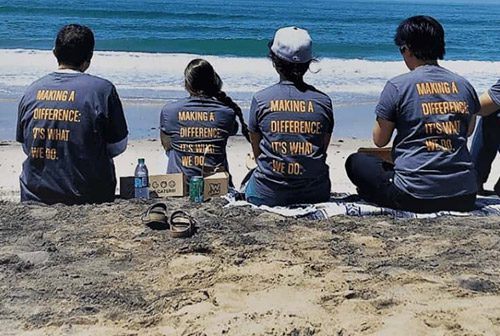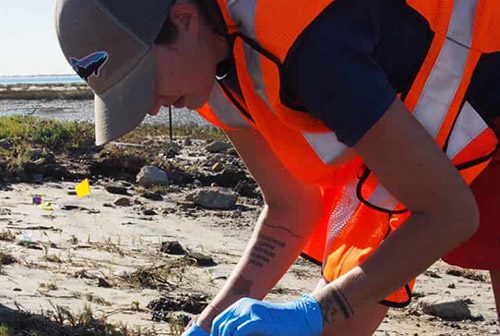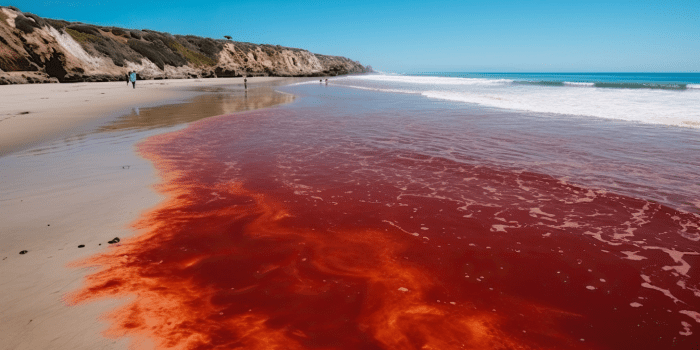

I live near a locally owned grocery story; I walk to work; I ride my bike to the beach, and I live just outside of the marine layer. I also just joined my community gym with its hometown feel and members who smile and say “hi” every morning. We trade the shiny leggings and fitted tanks for old tees and over-sized shorts. Some of my gym friends have grey hair and holes in their socks. And others might be their grandchildren. And we meet every morning (not too early, though, as we’re not the uber, time-crunched businesspeople) around an aging set of weights and those cute community bulletins that remind me of display cases in my elementary school hallways.
To my chagrin, a few weeks ago as I was running on the treadmill (it had been raining that week), I noticed the gardeners walking around with chemical tanks on their backs spraying to kill those pesky little bugs that nature lets crawl on vegetation. My disappointment in this pest-management decision quickly turned to worry as I realized the landscapers had squeezed the pesticide bath in between rainstorms.
Didn’t my community gym know that rain will wash the chemicals into our storm drains, which empty into our ocean?


Our staff scientist and lawyer inform me that an IPM isn’t the complete answer, but it’s a better step in the right direction.
It also leaves a couple of questions unanswered:
1) What are the postponement plans if they had scheduled to apply pesticides and rain is forecast in the upcoming three days?
2) How does their pesticide plan coincide with their irrigation plan?
3) How will they decide future landscaping decisions to maximize native plants and minimize need for pesticides and water?
I offered for the GM to run his new plans by me for some additional feedback, which he said he would. While my story doesn’t have an ending yet, it’s a reminder to me that humans—including me—only know what we know. And if we just take a few minutes to talk with one another, big change can happen.
And I’m curious what you think: Is an IPM enough?


